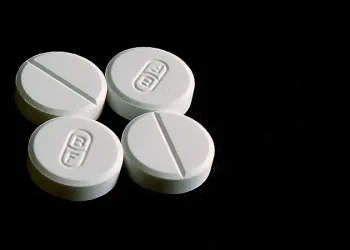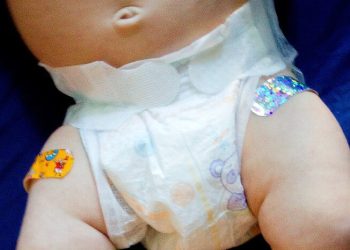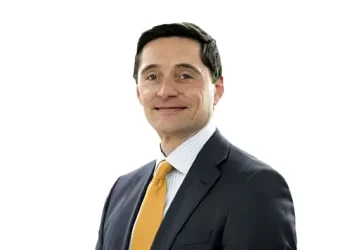The MHRA has launched multiple investigations into the illegal trade of unlicensed Botox in England. Between June and August 2025, 41 confirmed botulism cases were reported in regions from the North East to the East Midlands.
Victims were hospitalised after unsafe treatments, prompting urgent warnings and nationwide enforcement action.
Botulism Cases Spark Alarm
Botulism is a rare but potentially life-threatening condition caused by botulinum toxin. It can lead to paralysis, difficulty swallowing, slurred speech, and in severe cases, the need for intensive care.
The latest outbreak saw 41 people admitted to hospitals in:
-
North East
-
East Midlands
-
East of England
-
North West
-
Yorkshire and Humber
Public health officials believe the surge is linked to unlicensed Botox procedures carried out in kitchens, bedrooms, hair salons, and via mobile beauty services. Social media adverts promising quick results at low prices have lured many into unsafe treatment settings.
MHRA’s Criminal Enforcement Response
The MHRA’s Criminal Enforcement Unit has confirmed it is pursuing multiple investigations. Those caught selling or supplying unlicensed botulinum toxin face up to two years in prison and unlimited fines under the Human Medicines Regulations 2012.
Andy Morling, Head of the MHRA’s Criminal Enforcement Unit, emphasised:
“Criminals are exploiting the popularity of cosmetic treatments by peddling dangerous, unlicensed products, putting profit before safety.”
Since May 2023, more than 4,700 vials of unlicensed Botox have been seized in the UK, most of them originating from South Korea. Popular seized brands include Botulax, reNTox, Innotox, and Toxpia, none of which are authorised for use in Britain.
Enforcement Data at a Glance
| Period (May 2023 – Aug 2025) | Vials Seized | Common Origins | Notable Brands |
|---|---|---|---|
| Border & Inland Operations | 4,700+ | South Korea | Botulax, reNTox, Innotox, Toxpia |
Government and Safety Warnings
Health Minister Stephen Kinnock said criminals selling unsafe cosmetic products will face the “full force of the law.” He urged consumers to seek qualified practitioners and warned that cheap procedures often carry hidden dangers.
Dr Alison Cave, MHRA Chief Safety Officer, added that Botox is a prescription-only medicine:
“Buying botulinum toxin outside proper medical channels increases the risk of falsified or unsafe products with life-threatening consequences.”
How the Public Can Stay Safe
Consumers are being urged to protect themselves by checking credentials and avoiding suspiciously cheap offers.
Safe practices include:
-
Verify that the practitioner is medically qualified and registered.
-
Ask to see packaging and batch numbers for proof of UK licensing.
-
Avoid treatments offered in homes, salons, or via informal adverts.
The MHRA also encourages patients to report any side effects or complications via the Yellow Card scheme at yellowcard.mhra.gov.uk.
Understanding the Health Risks
Botulism symptoms can appear days or even weeks after treatment. Warning signs include blurred vision, drooping eyelids, muscle weakness, and breathing difficulties. In serious cases, mechanical ventilation may be required.
Public health officials stress that anyone experiencing these symptoms after Botox treatment should seek immediate medical help via NHS 111 or emergency services.
In Conclusion
The MHRA’s crackdown highlights the growing risks of unlicensed Botox in the UK. With criminal networks exploiting demand, consumers must remain vigilant.
By seeking treatment only from qualified professionals and verifying product legitimacy, the public can protect themselves from dangerous outcomes while supporting efforts to make cosmetic procedures safer.
Sources: Medicines and Healthcare products Regulatory Agency.
Prepared by Ivan Alexander Golden, Founder of THX News™, an independent news organization delivering timely insights from global official sources. Combines AI-analyzed research with human-edited accuracy and context.









